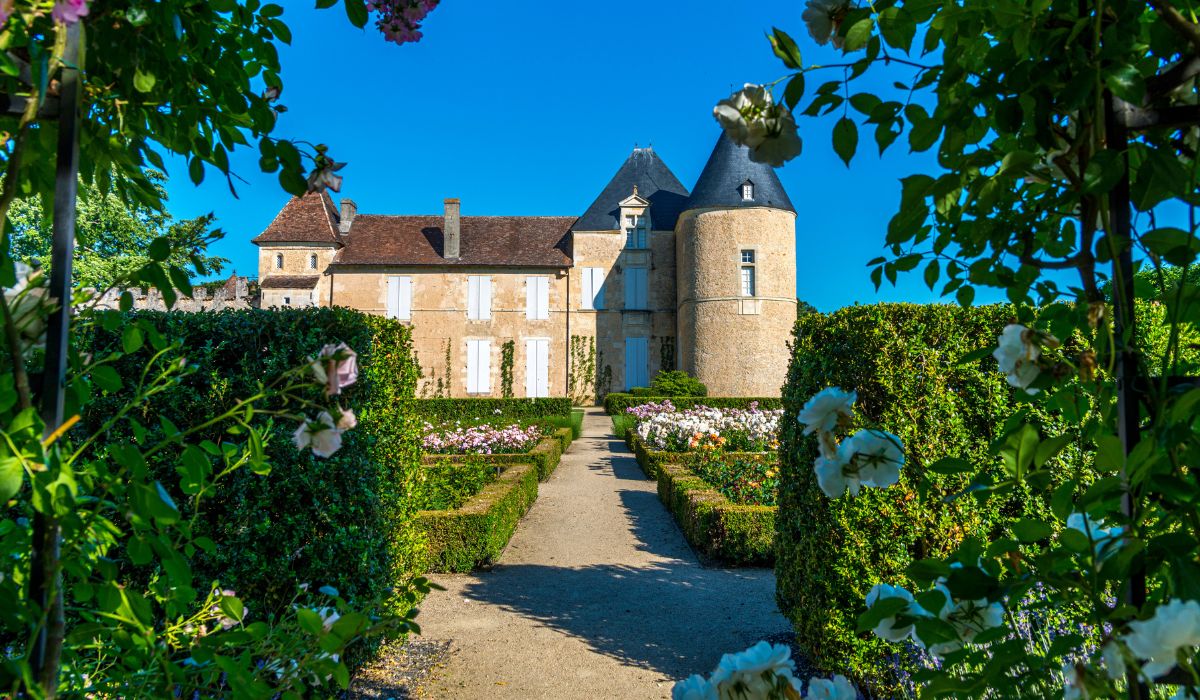Imagine being handed the keys to a wine cellar, a blank cheque in your back pocket, and carte blanche to fill the shelves with the best of the best.
Now, if you’re picturing an endless parade of elite bottles meant only for the one-percenters who have their own private jets, you’re missing the point. Because, as any seasoned drinker knows, though they often forget, a hefty price tag doesn’t always mean you’re getting nectar of the gods.
Mention “blank cheque” to a sommelier, and you’ll usually get a list stuffed with the top-tier trophies – wines that say more about the curator’s ego than any real passion or creativity. I mean, anyone with a decent bank account and no accountant hounding them can cram a list with Petrus, Penfolds Grange, and every first-growth Bordeaux.
But if I had carte blanche and that blank cheque, I’d seize the chance to craft a list that would make history buffs and wine lovers alike salivate, a lineup worthy of its own exhibit at the British Museum.
 Château d'Yquem.
Château d'Yquem.
Let’s talk comet years, celestial events with zero scientific backing but a whole lot of mystique. And, if there’s a wine that embodies this ethereal charm, it’s the 1811 Château d’Yquem. Sure, chasing 100-point wines is the usual pastime of collectors and sommeliers, more of that ‘top wank’ nonsense, but the 1811 Yquem? It’s the kind of wine that Robert Parker himself declared a 100-pointer in 1996, and for good reason.
The fact that a wine can survive, let alone thrive, for nearly 200 years, and still taste like the tears of angels, is nothing short of miraculous. The last time one came up for sale it fetched around AU $145,000. Good thing it’s a blank cheque!